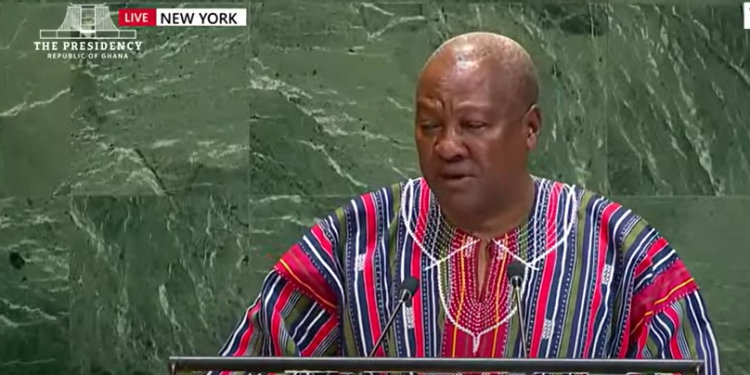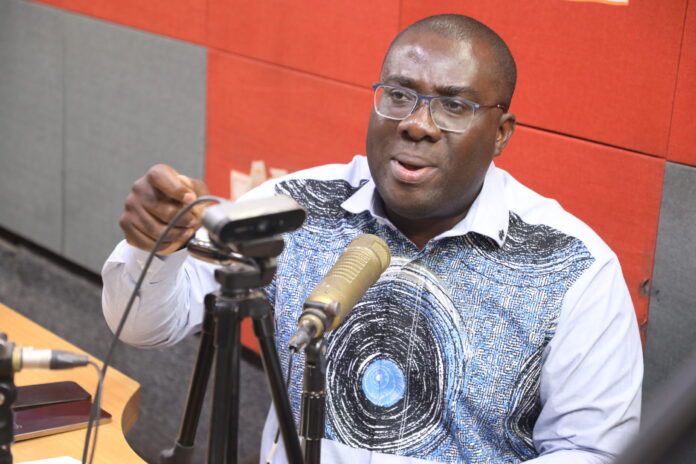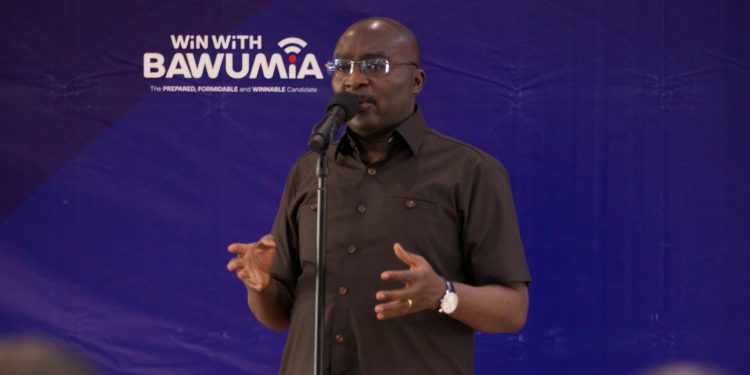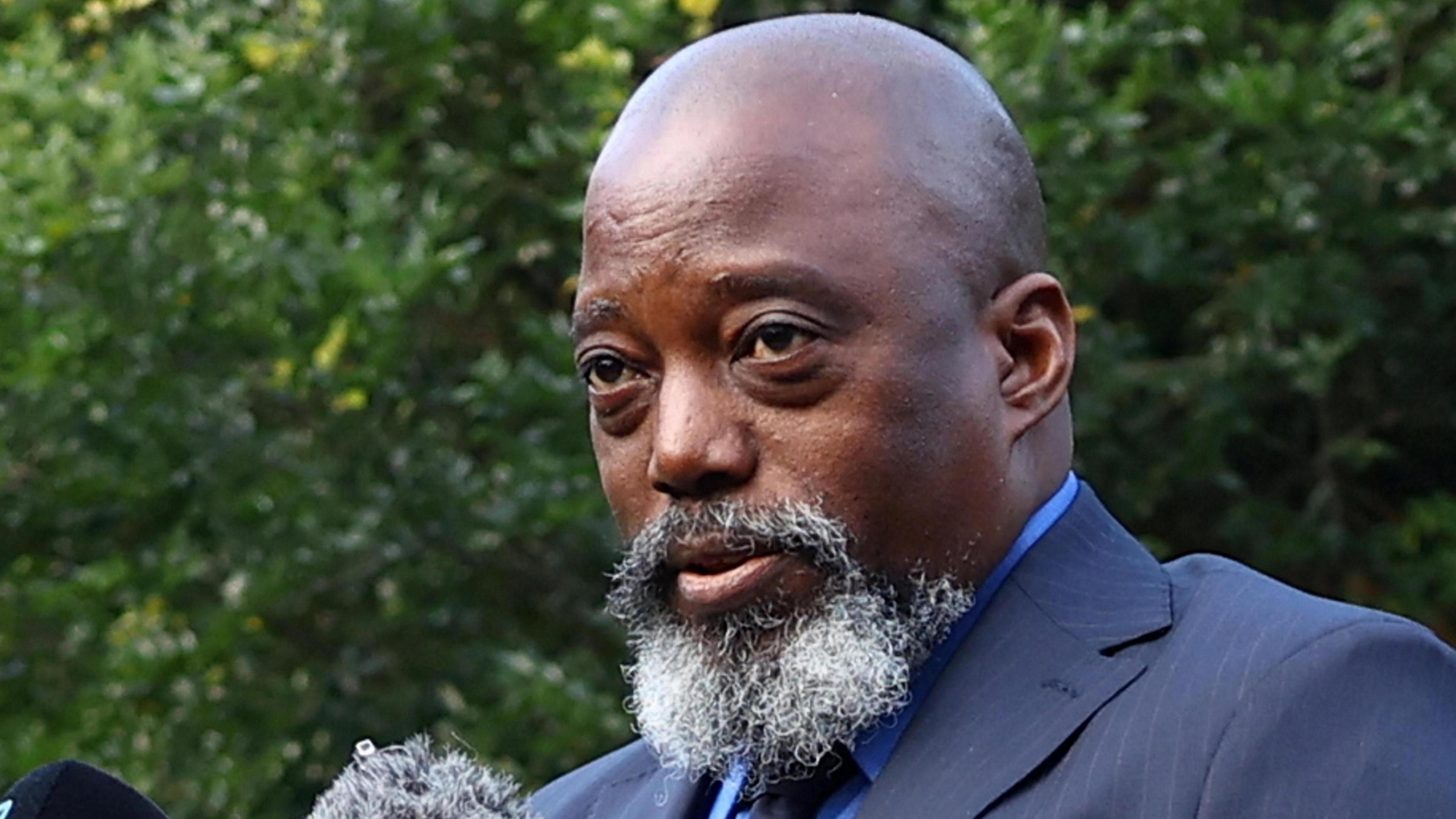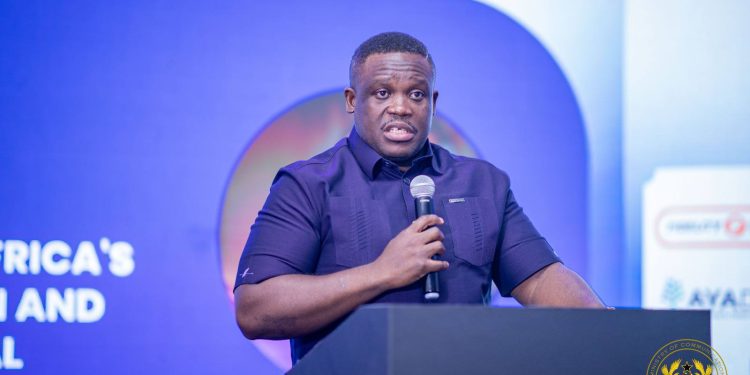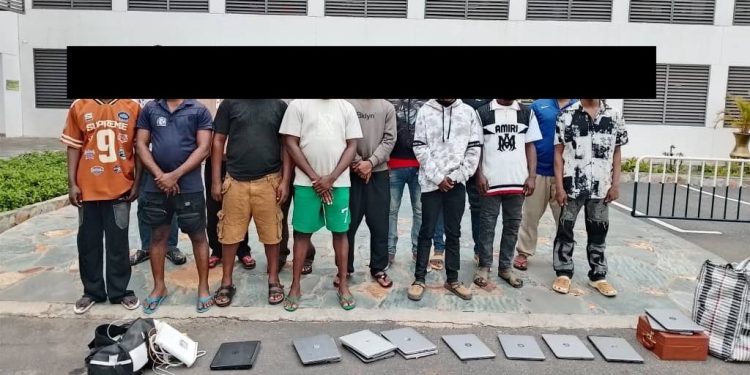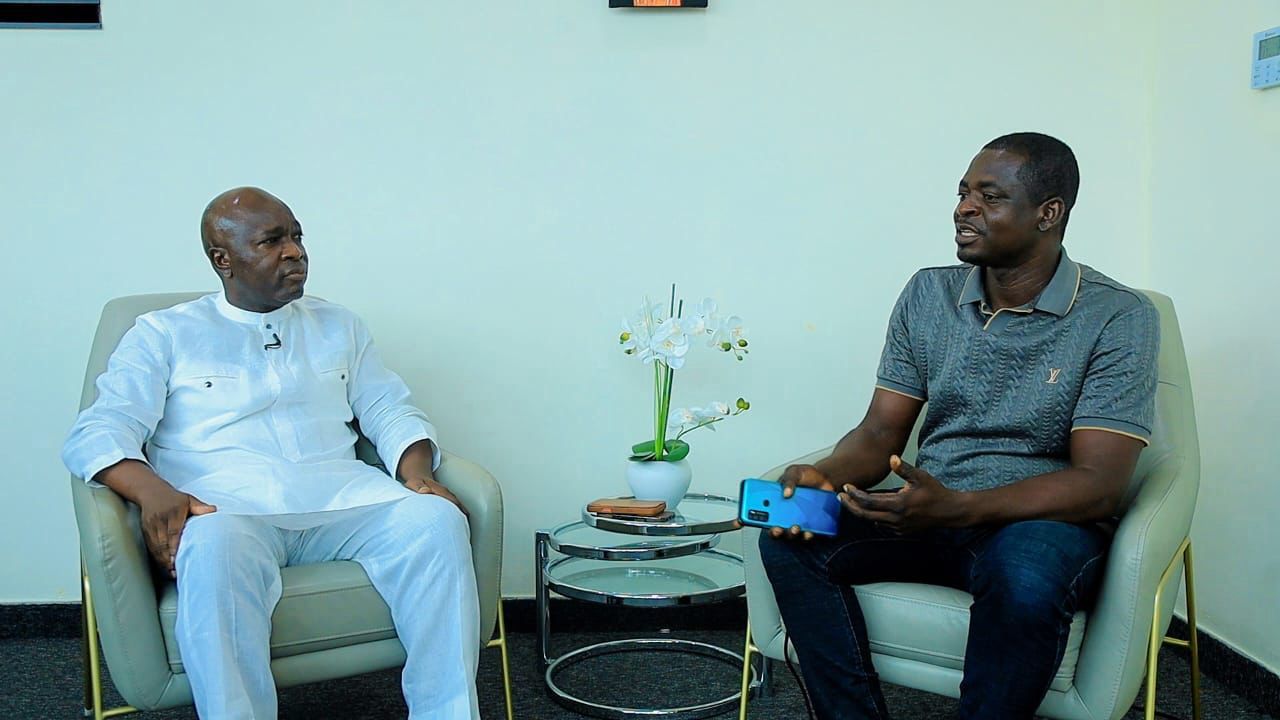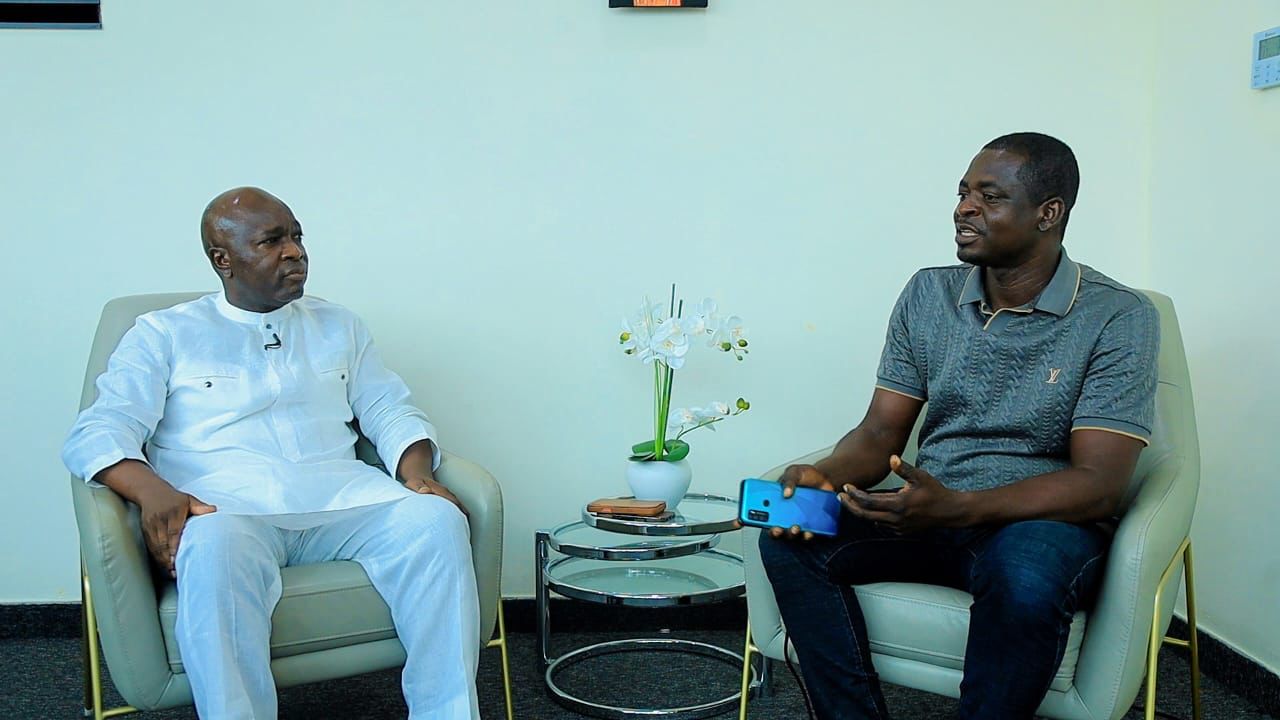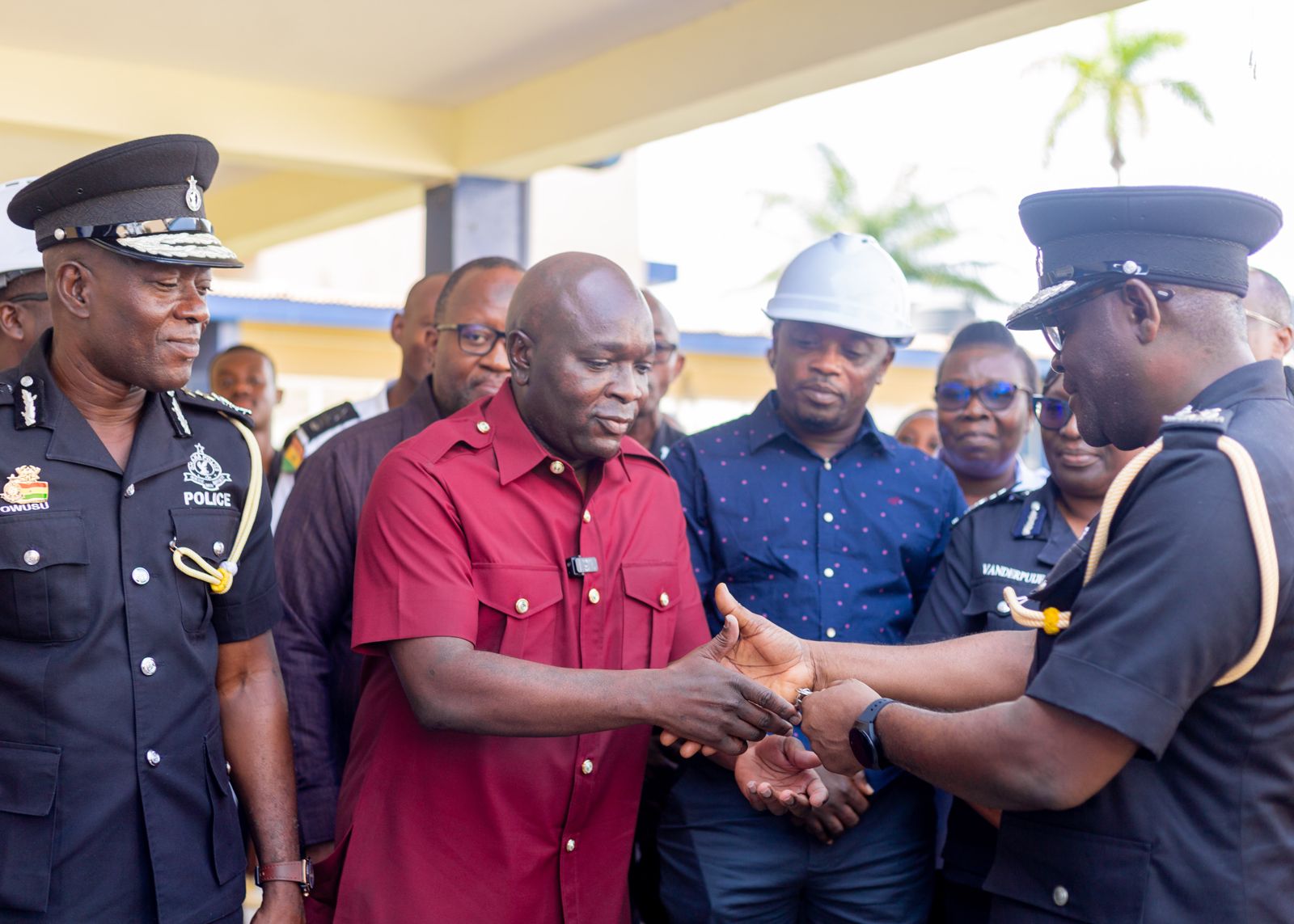President John Dramani Mahama called for sweeping reforms to the United Nations Security Council on Thursday, renewing Africa’s long-standing demand for a permanent seat and condemning what he described as a “totalitarian guardianship” held by post-World War II powers.
Speaking at the 80th session of the U.N. General Assembly, President Mahama said the Council’s structure is “outdated and unjust,” and warned that continued exclusion of Africa undermines the legitimacy of the global governance system.
“Thirty years after Mandela made this same request, we are still asking: if not now, then when?” Mahama said, referencing the late South African leader’s 1995 speech at the same forum.
The U.N. Security Council is composed of 15 members, five of whom—China, France, Russia, the United Kingdom, and the United States—hold permanent seats with veto power. The remaining 10 are elected for two-year terms without veto rights. African nations, which represent more than a quarter of the U.N.'s membership, have repeatedly lobbied for permanent representation.
Mahama criticized the enduring dominance of the five permanent members, arguing that the current structure effectively grants them unchecked power over international peace and security.
“The most powerful post-World War II nations are still being rewarded with an almost totalitarian guardianship over the rest of the world,” Mahama said. “If this were truly a representative body, a continent as large and populous as Africa would already hold a permanent seat.”
He also proposed curbing the use of the veto, calling it an instrument of unilateral interest that often obstructs collective action. “There must be a mechanism for the General Assembly to challenge a veto,” he said. “No single nation should be able to exercise an absolute veto to serve its own interests in a conflict.”
Mahama's address touched broader concerns about global equity, including Africa’s place in the international financial system. He called for a “reset of the global financial architecture,” which he said systematically marginalizes African economies and limits the continent’s voice in multilateral institutions.
The speech adds to growing pressure on the U.N. to undertake structural reforms amid global instability, geopolitical fragmentation, and growing disillusionment with multilateral institutions. While calls for Security Council reform have become routine at the General Assembly, progress has remained elusive, largely due to entrenched interests among the permanent members.
Still, Mr. Mahama’s remarks underscored the frustration of developing nations that see the current system as increasingly out of step with 21st-century geopolitical realities.
“If not now,” Mahama asked again, “then when?”



